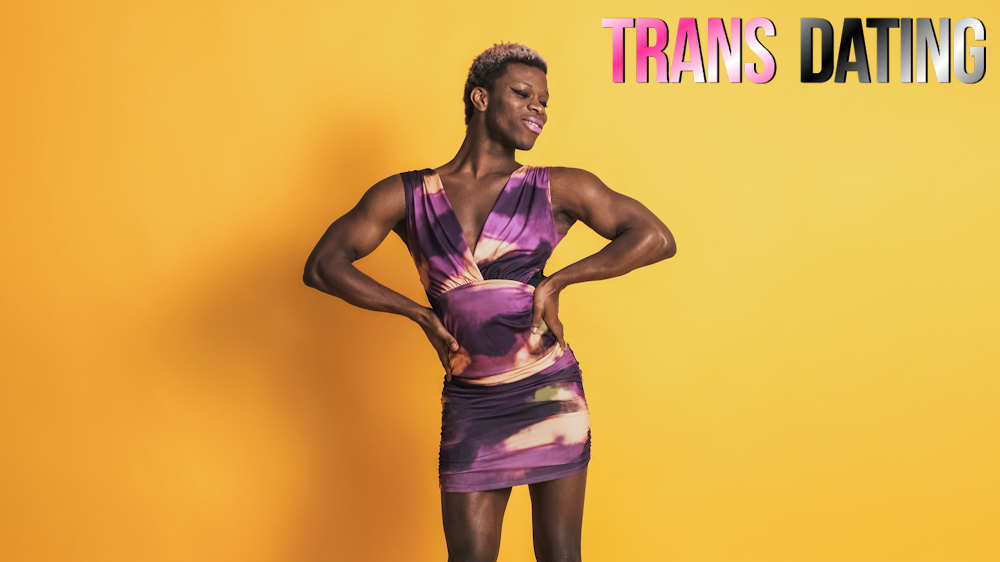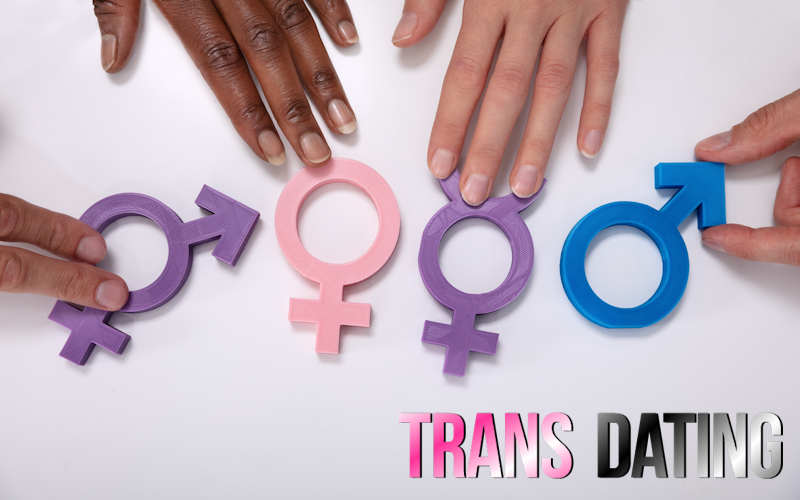Ten Most Common Gender Identities
Understanding gender identities is essential in acknowledging and respecting the diverse ways in which individuals experience and express their gender. This article will explore the 10 most common gender identities, offering insights into their meanings and the experiences of those who identify with them.
Cisgender
Cisgender refers to individuals whose gender identity matches the sex they were assigned at birth. For example, someone assigned female at birth (AFAB) and who identifies as a woman is cisgender. This is the most widely recognized gender identity, often considered the societal “norm,” though it’s just one of many valid identities.
Transgender
Transgender is an umbrella term for people whose gender identity differs from the sex they were assigned at birth. This includes trans men (those who were AFAB but identify and live as men) and trans women (those who were assigned male at birth (AMAB) but identify and live as women). Transgender people may or may not choose to undergo medical procedures to align their physical appearance with their gender identity.
Non-Binary
Non-binary is a term used to describe individuals who do not identify exclusively as a man or a woman. Non-binary people might identify as having a gender that blends elements of both male and female, having a fluid gender that varies over time, or having no gender at all.
Genderqueer
Genderqueer is similar to non-binary and is often used interchangeably. However, some people prefer “genderqueer” to specifically denote a rejection of the traditional gender binary through a more fluid or non-conforming approach to gender identity and expression.
Agender
Agender individuals do not identify with any gender. They may describe themselves as lacking gender, being gender neutral, or not having a gender identity that fits within the traditional definitions of male or female.
Bigender
Bigender people identify as two genders simultaneously, or they may fluctuate between them. This can mean identifying as both male and female, but it can also include non-binary or genderqueer identities as part of their experience.
Genderfluid
Genderfluid individuals experience a range of gender identities at different times. Their gender can change over time (from day to day or over longer periods), and they may express themselves in various ways depending on their current gender identity.
Demigender
Demigender people feel a partial connection to a certain gender. Demiboy and demigirl are common terms within this identity, where individuals feel a partial, but not full, connection to being male or female, respectively. This identity can also include connections to non-binary or genderqueer identities.
Two-Spirit
Two-Spirit is a term used by some Indigenous North American cultures to describe a person who embodies qualities of both male and female genders, or who occupies a distinct, traditionally recognized gender role outside of the binary male/female divide. This term is specific to the cultures that use it, and its meaning can vary significantly among different Indigenous peoples.
Intersex
Intersex is not a gender identity but a term that refers to individuals born with physical sex characteristics (such as genitalia, chromosomes, and/or hormone levels) that do not fit typical binary notions of male or female bodies. Intersex people may identify with any gender identity, and their experiences highlight the complexity of sex and gender beyond binary categories.

Understanding and Respect
It’s crucial to understand that gender is a spectrum, and these identities are just some points within a vast range of experiences. Each person’s understanding and expression of their gender identity are unique. Recognizing and respecting individuals’ self-identified genders is a fundamental aspect of acknowledging their humanity and rights.
Exploring these gender identities illuminates the rich diversity of human experiences and the inadequacy of a binary understanding of gender. As society progresses, it’s vital to continue learning about and respecting each person’s unique identity and expression. This not only fosters inclusivity but also enriches our collective human experience.
The recognition of various gender identities is an essential step towards a more inclusive and understanding society. By educating ourselves and others, we can create a world that respects and celebrates the diverse ways in which individuals experience and express their gender.



